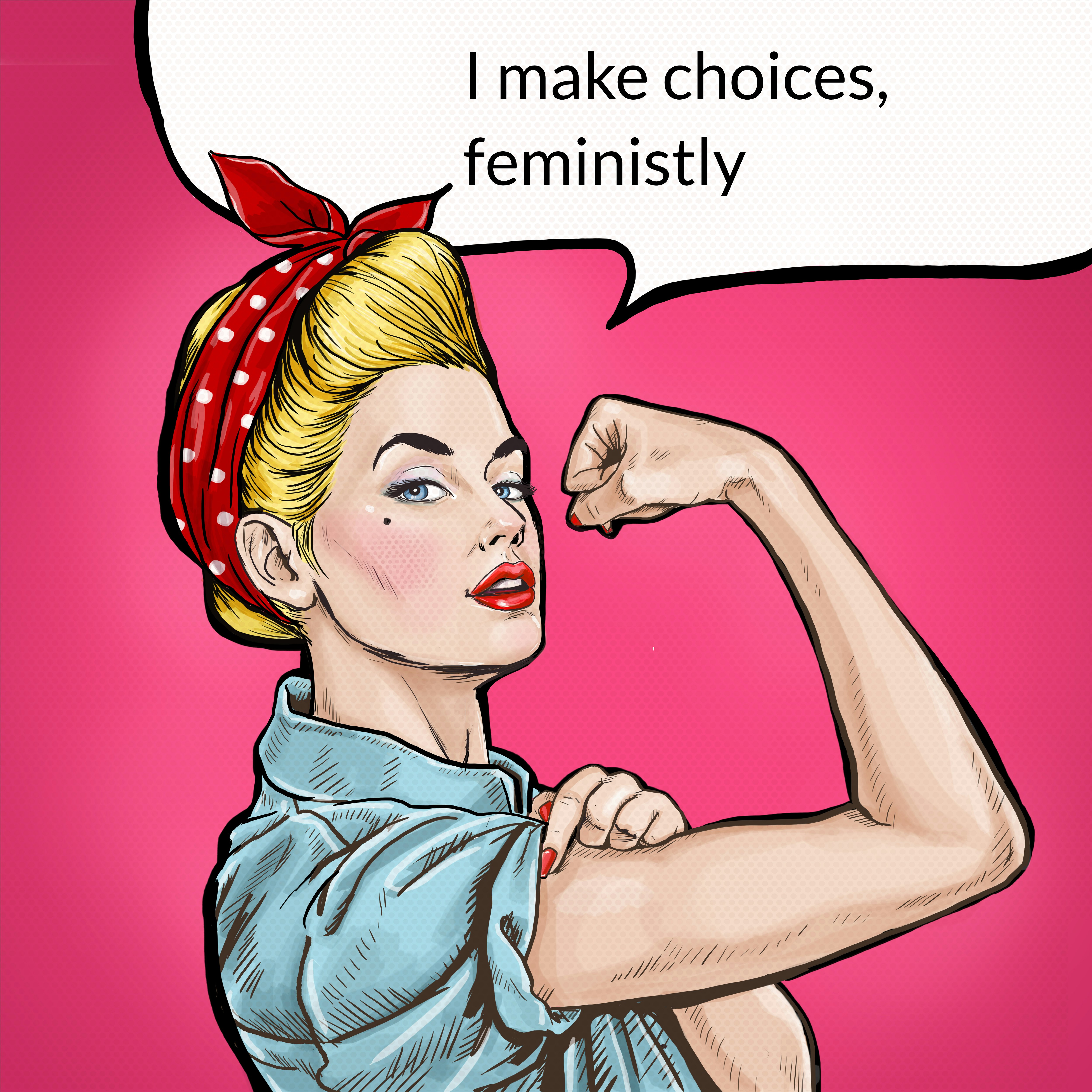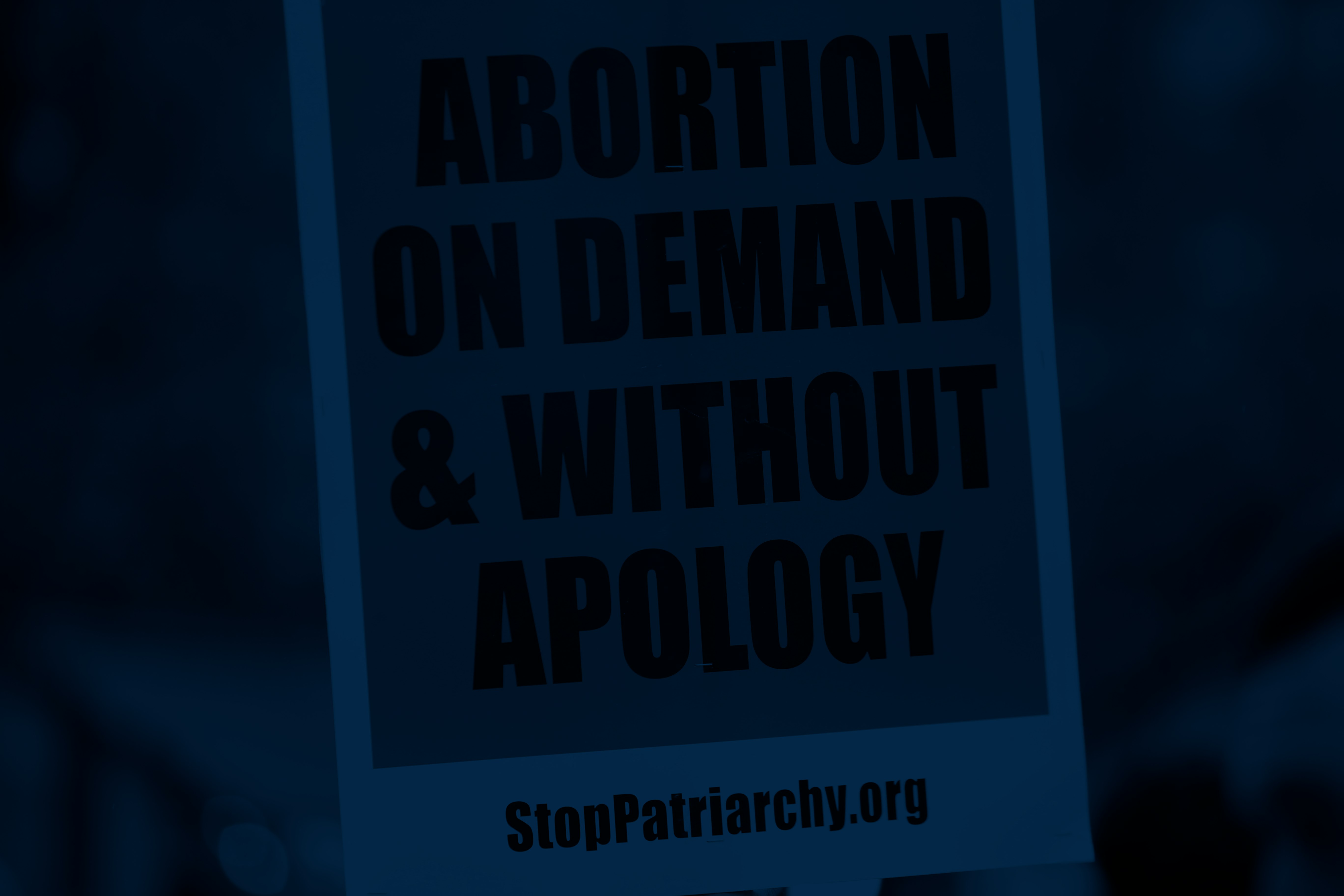Once upon a time, it was simply accepted by the general public that great artists sometimes acted like awful people. Roman Polanski sodomized a minor; R. Kelly was videotaped having sex with and urinating on one; David Foster Wallace threw a table at his girlfriend; and so forth. All of this was known, and none of it was disqualifying. These artistically genius, occasionally criminal men (and it was mostly men, though women loved them as well) of years past won awards, headlined festivals, assumed positions in the culture as people you needed to know and care about, especially if you lived in New York. There were dissenters, but they were in the vast minority, and often dismissed as cantankerous, bitter, feminist, etc.
This was just how it worked, for the longest while. Things are different now, obviously, and the debate over whether you can separate art from the artist (and whether you should disavow good art from immoral artists) is now cultural criticism’s Forever War, as the transgressions of every public figure — ranging from from legitimate crimes to a time they seemed mildly rude in public — are put on trial by the roiling mass of critics, fans, and Tumblr users whose freely offered musings on these matters constitute “the discourse.” Today, burgeoning careers can be killed off entirely upon hard evidence of unpunished criminal activity — the filmmaker Nate Parker and the indie-rock band PWR BTTM, both of whom had accusations of sexual assault come to light or made before the release of high-profile projects, are two recent examples — and scores of once-beloved and mostly unchallenged artists, like R. Kelly and Polanski, have undergone renewed scrutiny for events long considered to be irrelevant in the face of how good “Ignition (Remix)” and Chinatown are.
The more strident of these debates suggest deplatforming these newly cancelled artists entirely, but realistically applying this solution seems impossible. It‘s one thing for the reception of new work to be (rightfully) influenced by these debates, but existing material isn’t sucked back so easily into the vault, nor do product descriptions come with extensive disclaimers of the creators’ wrongdoings underneath the plot. (Although, there’s an idea.) There are also existing memories to consider, as ethical consumers struggle to reconcile disheartening revelations about creators with their genuinely entrenched positive feelings about the art. On top of that, some of this material is historically important and worth engaging; Film scholars argue that Leni Riefenstahl’s Triumph of the Will should be studied for its technical innovations, despite the fact that it’s the most significant piece of Nazi propaganda ever made.
If it’s out there, we must find a way of coexisting with it, and so I’m proposing what a more clever friend called “the incognito window theory of art.” It’s the idea that it should be fine to experience a piece of art by a bad person, and even enjoy it, as long as you do it in the privacy of your own home, without burdening other people with your fandom.
This isn’t a perfect system — nothing is, considering the decades of artists and creators who must now theoretically be reconsidered under these slippery and insatiable new guidelines — but it solves the anxiety undergirding all of these debates: Am I allowed to enjoy this thing made by a problematic person? Sure, you can go ahead and enjoy it; you merely don’t get to signal how interesting you are for doing so. If you are one of those Polanski fans who are repulsed by his actions but also want permission to continue watching Chinatown (as opposed to former fans who can handily stop watching his movies, or dedicated fans who don’t and will never care), it’s allowed. The difference is you don’t get to perform the identity of “enjoying Chinatown,” as aesthetes with curious priorities did for decades past. There is no barrier preventing the private relationship you may have with Chinatown, but you are walled off in your own world, unless you foolishly try to write a misguided essay in The Atlantic about Why It’s Okay to Like Roman Polanski.
Does this hurt? Not really. It seems like a worthy tradeoff if you’ve searched your heart, and found that a piece of art is just that important, as many people do without admitting it out loud. But the imperative now is to privately think about why it matters to you, not about how to let everyone know that it matters to you — the performance of taste and consumption habits that, honestly, constitutes a great part of “the discourse.” Oh, but I really want to talk about how much I like this thing. That’s fine! Find a very good friend, or someone who knows where you’re coming from, and may even engage with you. Just don’t tweet about it, and give up trying to convince anyone else of the art’s redeeming qualities.
This is more difficult if you’re a critic, and your job is to publicly untangle contradictory thoughts related to art. (Realistically, you’re still probably going to end up offending someone, as some critics learned when they tried to dissect the music of the late XXXTentacion.) But as a consumer, it allows you to split the difference in a way that’s authentic to how most people really are. You freely enjoy the material at hand, while avoiding the unsatisfactory cop out of caping for a piece of art with a bland “oh, and the creator is a problematic asshole and/or criminal” disclaimer tacked onto the side. You also avoid forcing the ironclad fact of your fandom on strangers who couldn’t care less — an insufferable social dynamic that has been tolerated for decades, probably because it was promulgated almost entirely by men — and asking them to either permit your personal moral calculus or be a downer by reminding you of the facts. Sure, it sucks when you want to talk out loud about how much you love Morrissey… but it also sucks to make someone else have to consciously ruin your parade by pointing out that it’s weird to valorize a bitter racist. But you still can listen to The Queen Is Dead as much as you want, at home or on your headphones.
As it applies to the artists whose behavior has not yet come up for grand social review (or for whom death has removed the possibility of punitive measures), the incognito window allows you to enjoy Sgt. Pepper’s Lonely Hearts Club Band without essentially making people infer that John Lennon beating his wife doesn’t mean that much to you. You go on consuming work you enjoyed long before you learned about the bad stuff the artist had done, if what they’re accused of authentically has no bearing on your feelings (a more likely outcome when explicitly criminal behavior isn’t involved, one would hope). It also works for material you’re experiencing for the first time, from people whose biographical baggage you’re already aware of. This kind of consciously measured consumption is less fun than casually throwing on Annie Hall, and shooting off a tweet about what a good time you’re having. But if your curiosity beckons, and you must check out something with a dodgy association, go ahead and fire up the incognito window.
I think about this every time someone whines that the libs and the feminazis and college students want to make it illegal to enjoy the work of David Bowie (slept with teenagers), or Norman Mailer (stabbed his wife), or whoever. That’s simply not true: Nobody is proposing some kind of fascistic law barring the consumption of artwork made by alleged deviants. But moreover, there’s actually nothing stopping these people from listening to “Changes” or reading The Executioner’s Song. It’s just that there’s an increased social penalty for broadcasting your pleasure while acting glib about what they did, compared with years past, and with good cause: a long-overdue societal reckoning with the bad behavior of powerful men (at least in liberal/left circles, which are the most likely to spend their time debating art), and the inclusion of historically marginalized voices finally able to claim a visible and consistent place in these conversations, due to social media. Maybe “people” didn’t used to have a problem with all of Woody Allen’s shit, but whose opinions were really being counted? We don’t have to be puritans to acknowledge that some actions deserve more consideration than historically allotted.
Has the discourse periodically overcorrected? Of course it has; this is all being worked out in real time, for the first time ever. Even now, I wonder if what I’m proposing is a slightly reactionary response to something that (extremely pundit voice) more nuanced conversation would solve. But in the short term, adjusting personal behavior seems much easier than enforcing an interpretative cultural lens on a shifting audience, as the Forever War wages on and on. You’re not going to go to jail for continuing to enjoy something. You can experience it in the same way, all by your lonesome. Just don’t tell me about it, please.














